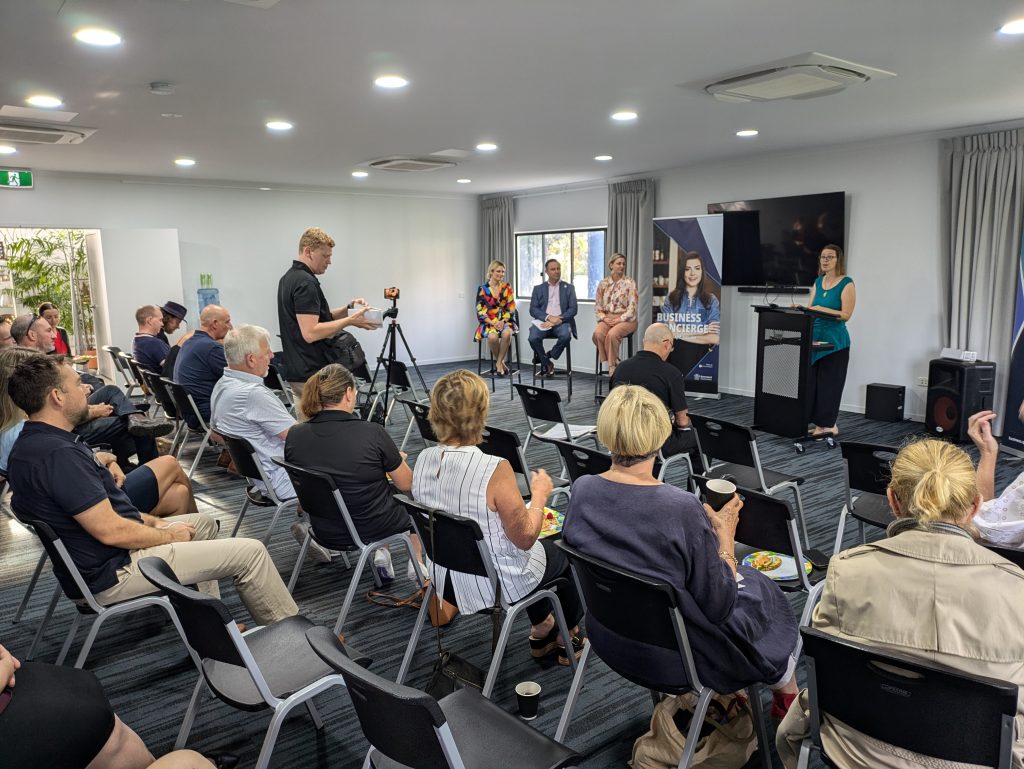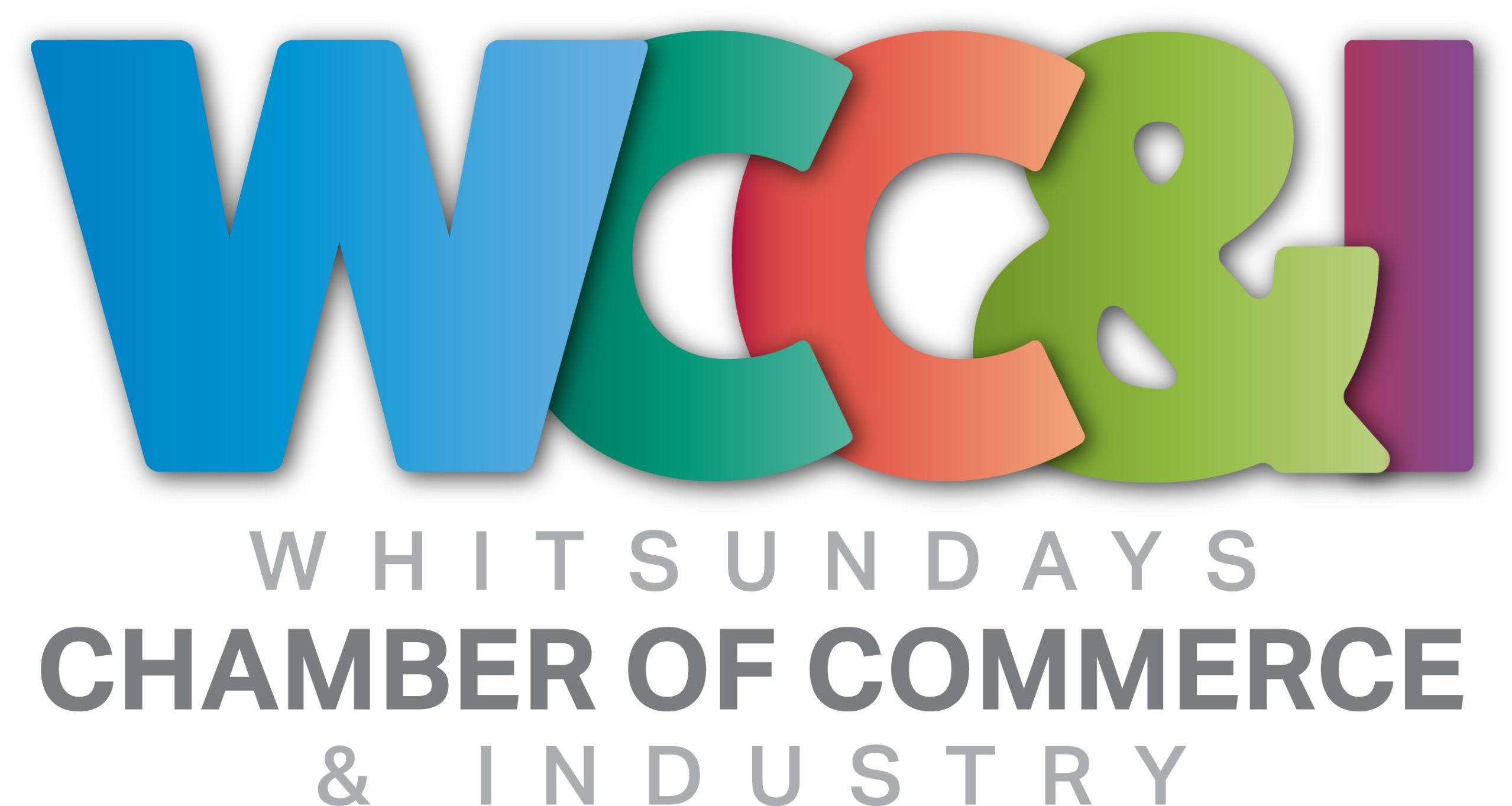At a recent Whitsundays Chamber event, celebrating Queensland Small Business Month, we invited attendees to share practical ideas on how all levels of government could reduce the regulatory burden on business.



The discussion generated strong engagement and highlighted a range of key concerns and suggestions, including:
- Establish a Council Concierge Service: Introduce a single point of contact within Council to act as a ‘concierge’ for local businesses, streamlining communication and helping businesses navigate approvals, permits, and regulatory requirements. This service would assist in resolving issues efficiently and provide clarity on escalation pathways and who to contact for specific matters.
- Skilled Workforce Access: Simplify immigration processes to attract skilled labour to Australia and the Whitsundays region.
- Planning Support: Provide State Government planning powers and expertise to better assist local government with planning and approvals.
- Consistency in Compliance: Improve consistency and compliance checks across Council planning and development processes to ensure fair treatment for all businesses.
- QGrants Platform Issues: Attendees reported that the Queensland Government’s QGrants system is difficult to navigate, consuming significant time and effort.
- Streamlining Council Applications: Simplify Council forms—for example, lengthy applications were raised as an unnecessary burden.
- Event Regulation Review: Review and align maritime regulations for water-based events across Council and Queensland Government to remove duplication.
- Unified Business Applications: Introduce a single, streamlined business application process that applies across all government agencies.
- Fee Equity for Small Business: Reassess fee structures so that sole traders and small businesses are not charged the same as larger enterprises (e.g., for business licences).
- Australian Taxation Office Delays: Long wait times when contacting the ATO—sometimes exceeding an hour—were noted as a barrier to timely business administration.
- Infrastructure Burden on Developers: A lack of public investment in infrastructure is shifting major upgrade costs to private developers. One example cited involved a $25 million road intersection upgrade tied to a housing project, increasing the per-block entry price from $250,000 to $320,000 and placing the viability of the entire development at risk.
Have your say!
The Chamber will continue to advocate for practical red tape reduction reforms that support local business growth and economic development. To do this, we need your help. If you have current examples or an idea on how to cut red tape across all levels of government or agencies, get in touch!


 Celebrating Small Business Strength: Queensland Small Business Month Event Wrap-Up
Celebrating Small Business Strength: Queensland Small Business Month Event Wrap-Up